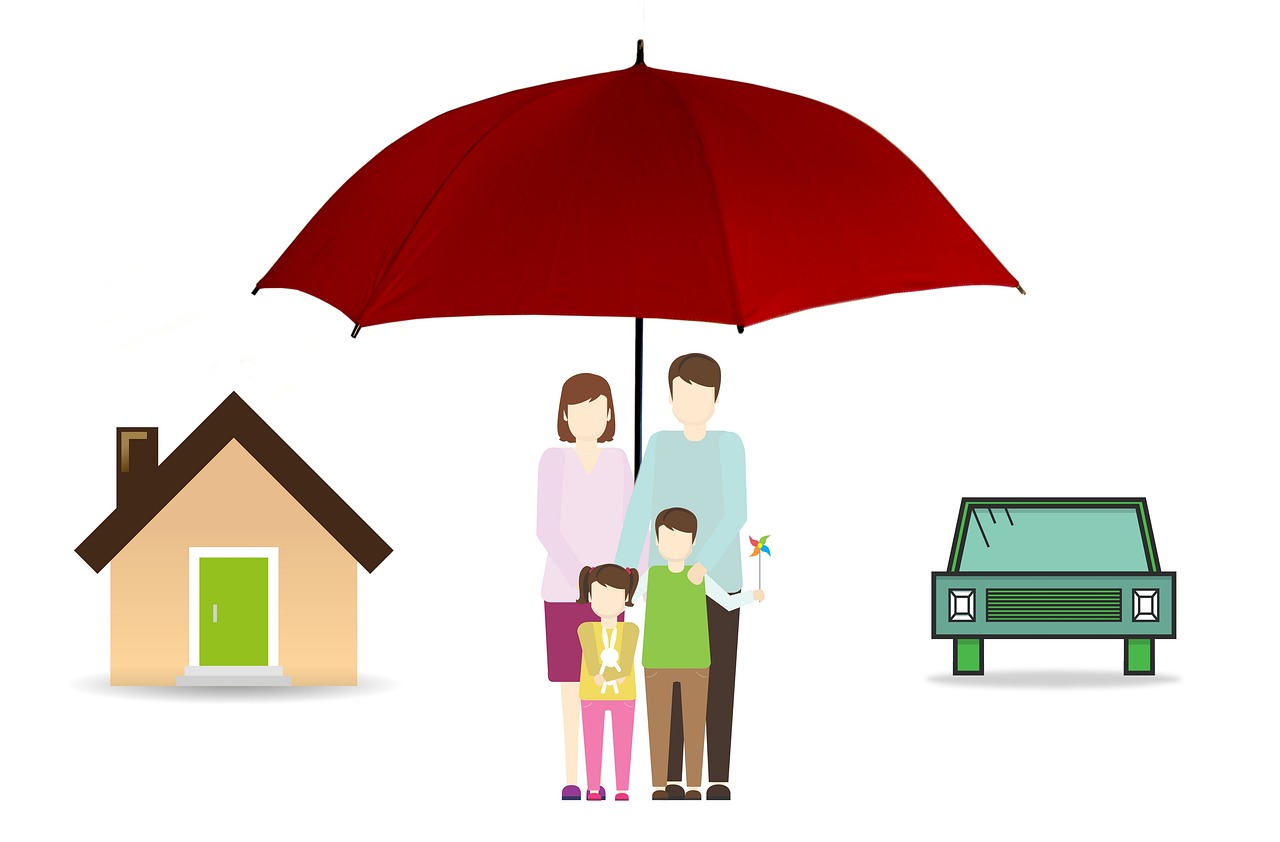In the realm of life insurance, a "grace period" is a term that holds significant importance for policyholders. Think of it as a buffer of time, a sort of protective cushion, that ensures you have a little breathing space when it comes to paying your insurance premiums. This provision comes into play when you're unable to make your premium payment on the due date.
Consider the grace period as an extended time and a safety net that kicks in when life throws unexpected financial challenges your way. Imagine you've signed up for a life insurance policy, which is essentially a contract between you and the insurance company. One of your responsibilities under this contract is to pay regular premiums – these are the scheduled payments that keep your insurance coverage active. The insurance company, in return, agrees to provide the coverage and benefits outlined in the policy.
Now, life doesn't always follow a predictable path, and circumstances might arise where you find it difficult to make your premium payment on time. This is where the grace period comes to your aid. It's a specified period, usually around 30 days, during which you're given the leeway to make your premium payment even after the due date has passed. During this grace period, your insurance coverage remains intact, and you're still eligible for the benefits outlined in your policy.
Why do insurance companies offer this grace period? It's a practical and compassionate approach. They understand that financial hiccups can happen to anyone. By providing a grace period, insurance companies demonstrate a commitment to maintaining your coverage even in times of temporary financial strain. It's a way to support their policyholders and ensure that their insurance policies continue to serve their intended purpose – offering financial protection and peace of mind.
However, it's essential to grasp that while the grace period offers a short reprieve, it doesn't mean you can indefinitely delay your premium payments. If you fail to pay your premiums within the grace period, the insurance company has the right to cancel your policy. This means your coverage will come to an end, and you'll lose the protective shield that the policy provides.








